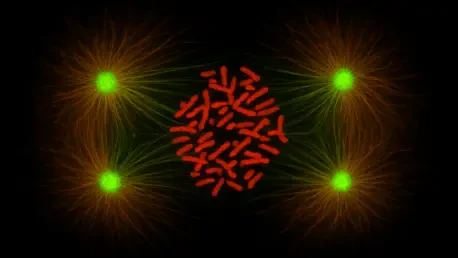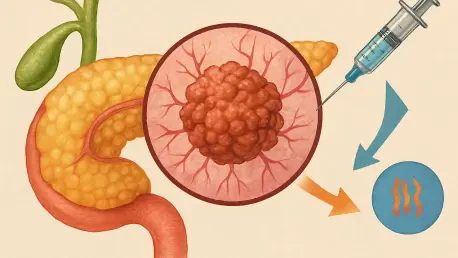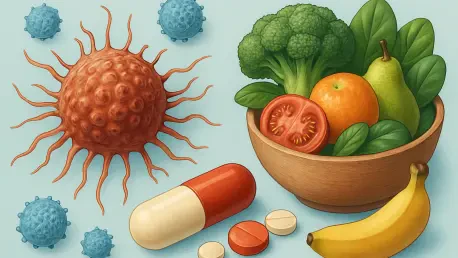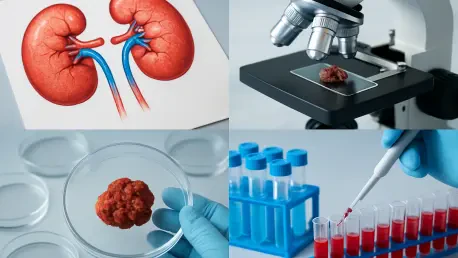
What happens when a single microscopic misstep can trigger a cascade of catastrophic consequences like cancer or genetic disorders? Every day, trillions of cells in the human body divide, splitting their genetic material with astonishing precision to sustain life, but when this process falters, the

Pancreatic cancer stands as one of the most formidable adversaries in the realm of oncology, with survival rates often tragically limited to mere months after diagnosis, highlighting the urgent need for innovative solutions. The relentless nature of this disease, coupled with its resistance to

In a groundbreaking shift for medical research, the United Kingdom has dramatically reduced the time it takes to approve clinical trials, cutting the average review period from a lengthy 91 days to an impressive 41 days. This remarkable achievement, driven by the integration of artificial

Neuroblastoma, a devastating cancer affecting primarily children under five, stands as one of the most aggressive solid tumors in pediatric populations, with high-risk cases often showing dismal outcomes despite rigorous treatments. With only about half of these young patients achieving a cure

I'm thrilled to sit down with Ivan Kairatov, a renowned biopharma expert whose extensive experience in research and development, coupled with a keen understanding of tech and innovation, has positioned him at the forefront of groundbreaking advancements in cancer treatment. Today, we’re diving into

The biotechnology sector often rides a rollercoaster of high hopes and sharp setbacks, and few cases illustrate this better than the recent plunge in Exelixis’ stock value following the release of data from its STELLAR-303 trial. Focused on zanzalintinib, an experimental drug for metastatic